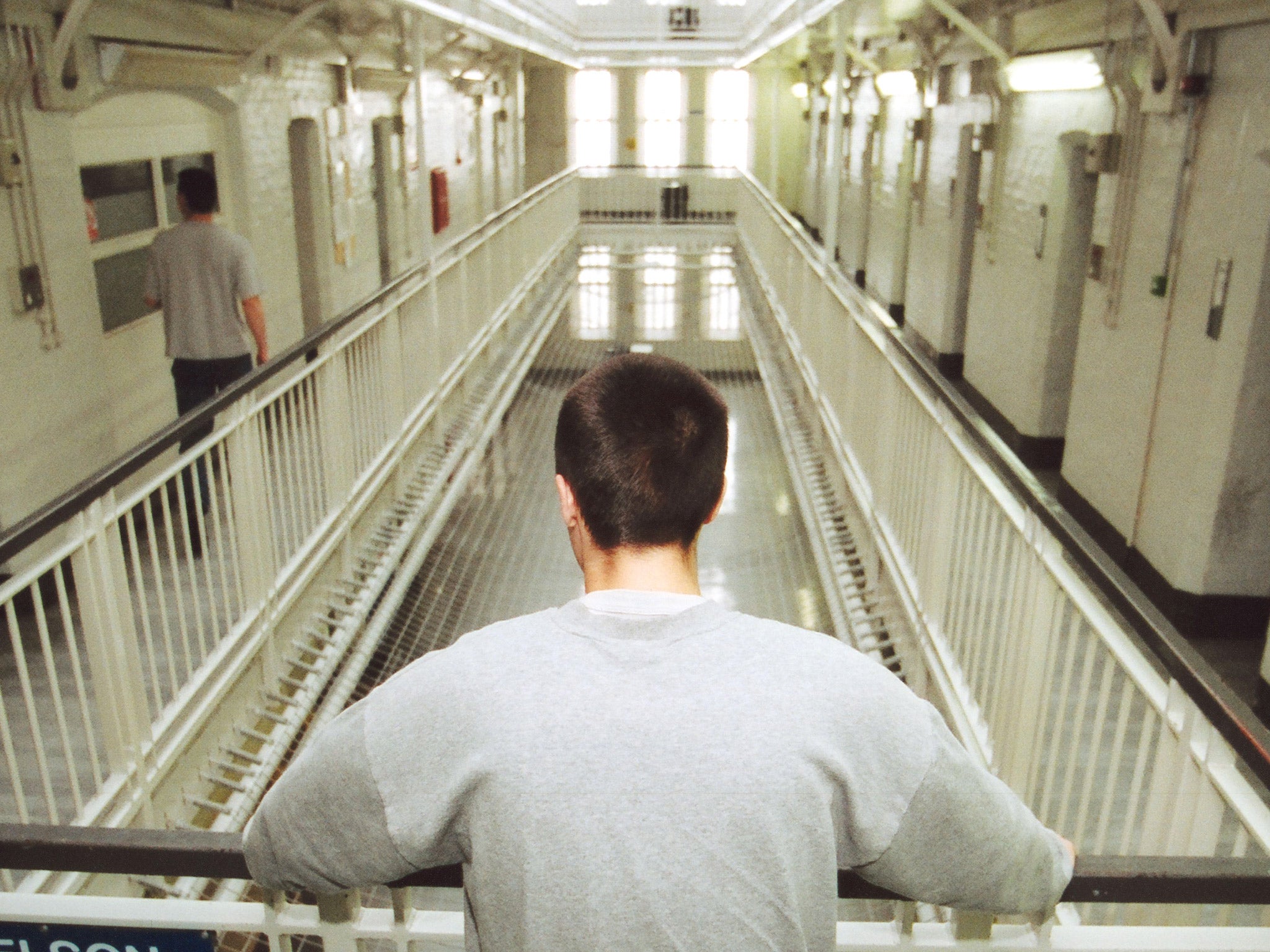Prison should punish offenders – not their children
Around 45 per cent of prisoners lose touch with their families completely

It’s not exactly breaking news to suggest that children from a happy stable background can expect a better future than those who encounter disruption and turmoil in their formative years.
Children are reliant on their parents for guidance and for support, but most of all for love and affection. When young children are deprived of this kind of parental caring, for whatever reason, it can have a profound effect.
For the roughly 200,000 children in the UK with a parent in prison the impact can be particularly acute. Fear of social stigma, bullying, and a lack of official recognition of their unique difficulties, means that the needs of children in this situation all too often go unrecognised.
Take a minute and think about all those simple things your mum and dad did for you when you were a child. All the bedtime stories, all the games of football in the park, the smiling face waiting for you as you came out of school.
Imagine having that snatched away from you almost in the blink of an eye. Imagine that your mum or dad was sent to prison and you were unable to talk to them or see them or touch them. Imagine not understanding why all that had happened. What affect would that have on you?
As a member of the legal profession, I have a strong interest in this issue. I’m a recorder – a part-time judge – and that means I sometimes have to take the hard decision to send people to prison.
Prison is tough on offenders, and that’s the way it should be. But I don’t think anyone would argue that we should be punishing their children too.
The facts are stark and heart-breaking; children with a parent in prison are twice as likely as other children to experience behavioural and mental health problems, and less likely to do well at school.
They are three times more likely to be involved in offending activity themselves. In fact almost two thirds of boys with a convicted father will go on to offend themselves.
Families where a parent is in prison can suffer a radical change in their lives, and when prisoners are placed in a prison far away from their home, it’s hardly surprising that around 45 per cent of them lose touch with their families completely.
That is a grim statistic, but it doesn’t have to be that way. The children’s charity Barnardo’s has shown that with sensitive and joined-up support across services - from schools to GPs - having a parent in prison need not be a life sentence for children.
It’s not difficult to envisage how much easier it would be for a child if they were able to maintain contact with their mum and dad and retain some semblance of normality and stability in their life. And it’s not only the child that is helped by continuing contact. Research has shown that when offenders maintain family ties, the likelihood of re-offending can be reduced by 39 per cent.
I’ve had the opportunity to visit some of the services that are doing some amazing work for these families, and I’ve heard first-hand from the prisoners how they benefit too from these initiatives.
For too long these children have been invisible, their needs unmet. That must change.

Join our commenting forum
Join thought-provoking conversations, follow other Independent readers and see their replies